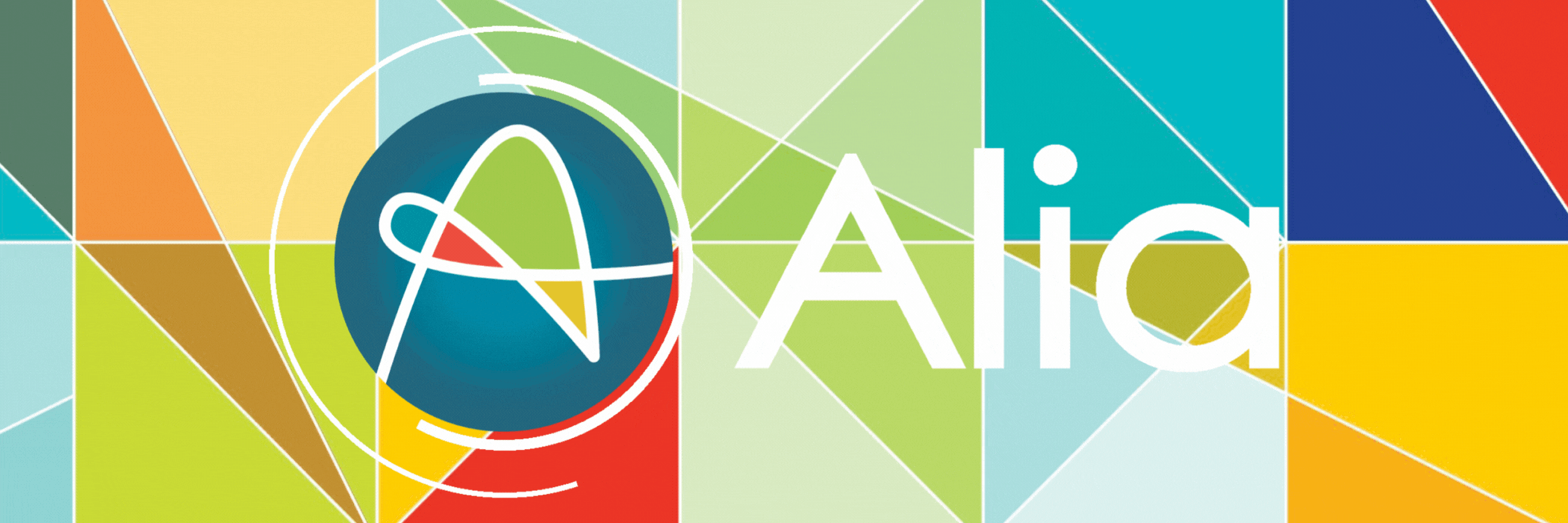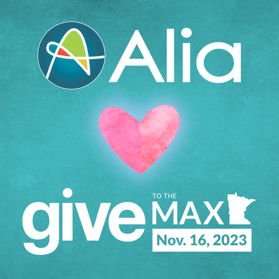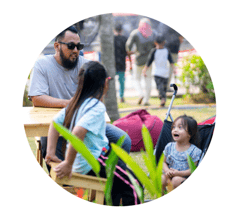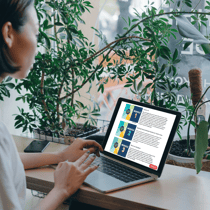
It's so scary...
"I once had a board member who said, 'Every system needs to eat. Be careful what yours eats.' I felt nauseous when I heard it. What is our system eating to thrive and survive? Just like the prison system is fed inmates to continue to thrive and grow, the child welfare system requires new entries of youth to 'feed' the system.
I remember being at the National Child Abuse and Neglect conference in DC a few years ago when I was stopped by someone who told me I was hated by their attorneys, because there were so few kids being referred for Termination of Parental Rights that one lost their job and they were angry that not enough families were coming into the court to justify their positions.
Alia’s work in multiple systems has resulted in more than a 70% reduction in family separation and youth in care, which is scary to some who rely on family separation as a business model--but the time for change is long overdue.
Make no mistake that many in child welfare systems do not want to be transformed or divest power to community. To retain the current structure, size, and power of the system, you will hear people talking about transformation, but…it’s not. So how do you know you’re doing or witnessing true transformation? Impacted parents are designing solutions that keep their families safely together. The size and scope of power of the agency shrinks. Resources are divested to community-led solutions and fewer youth and families are served by the public system.
Let’s work towards a less scary future for our kids by keeping them safely with, not from, their families."
-Feb-28-2023-09-38-21-2091-PM-1.png?width=565&height=74&name=Copy%20of%202021%20A%20Year%20in%20Review%20(1200%20x%20500%20px)-Feb-28-2023-09-38-21-2091-PM-1.png)
Small moments enhance resilience and wellbeing

At Alia, we frequently partner with organizations that impact the lives of children and families to explore workforce resilience and wellbeing, guiding a way forward toward a more functional, safe, and loving organizational culture. Our Chief Learning Officer, Amber Ross, reflected this month on her experience working with one organization and how this work impacts all involved.
"Workforce resilience and wellbeing work is not easy. It’s more than simply walking through a breathing exercise, using a tool, or taking more hot bubble baths. It requires a space for helpers, activists, and others who work with the most marginalized communities to process the pain, secondary trauma, and significant barriers of the work. And, as a facilitator, it involves taking in and listening deeply to what is shared.
At Alia, the hope for participants of our workforce resilience and wellbeing work is to feel safe and empowered to air grievances, commiserate, and connect. Sometimes just knowing you’re not alone in your experience can provide some modicum of relief, confidence, and fortitude to face the work ahead. In this process, people often begin to gain personal agency in determining their own radical self-care despite the challenges they face as they connect with others on what it means to be well in spaces where you are working with and experiencing some of humanities biggest challenges. The unspoken piece, and parallel process, happening at the same time is that when you facilitate this kind of work, you are changed as well."
Read her full reflection on our website
This Give to the Max Day, #DoWhatLoveWouldDo!
 November 16 is Give to the Max Day, an annual 24-hour giving challenge that invites everyone to come together to support Minnesota nonprofits, and we need you, our dedicated supporters, to help us!
November 16 is Give to the Max Day, an annual 24-hour giving challenge that invites everyone to come together to support Minnesota nonprofits, and we need you, our dedicated supporters, to help us!
Together, we are building a movement to reimagine child welfare as a community led “UnSystem” that brings a network of supports to families rather than a system of surveillance and separation. Your investment in Alia makes our work possible, from free, unique tools like Bright Spots and the Healing Guidebook, to the ways we partner with systems so all children can live safely with their families.
We are so thankful for each of you and the choice you make to #DoWhatLoveWouldDo every day.

Here are some ideas that got us thinking this month. Visit our website to read the full-length posts, and join us in the conversations online!
- Who do we create stability for? Stability is centered around extinguishing undesirable behaviors rather than strengthening a child's sense of self, often for the sake of protecting the system and those on the frontline. But what would happen if the energy we spent trying to control youth could be reallocated to a genuine attempt at healing and restoring?
-
Is your agency's aspiration worth aspiring to? Test it! When the 3-year, 4-state, 5-jurisdiction Alia UnSystem Innovation Cohort leaders plus the professional and lived expert guides were goal-setting early in 2018, one important question we had to answer was, “How do we know if our aspiration is good enough?”

 Our Bright Spots resource library just grew! 10 new child welfare practices reviewed and recommended by parents impacted by the system have been added to the site
Our Bright Spots resource library just grew! 10 new child welfare practices reviewed and recommended by parents impacted by the system have been added to the site
UpTogether is an online social platform that has opportunities for individuals and families to access cash offers from various funding partners. Our parent reviewers shared that programs and services such as UpTogether have great potential to dramatically help families impacted by the system as they provide the necessary financial support to take care of themselves and their families.
Visit findbrightspots.org to learn more about these models and ways you can bring their vision to life in your organization!

 Looking for a low-commitment, high-impact way to kickstart your thinking around systems change? The UnSystem Toolkit: Foundations for Change is the perfect resource for new staff orientation, leadership discussions, community and partner alignment, staff development, retreats, or for your own self-guided learning.
Looking for a low-commitment, high-impact way to kickstart your thinking around systems change? The UnSystem Toolkit: Foundations for Change is the perfect resource for new staff orientation, leadership discussions, community and partner alignment, staff development, retreats, or for your own self-guided learning.
Advance through five, one-hour video modules covering these fundamentals of change: Trauma 101, Applying Trauma Informed Practices for Youth in Care, What is an UnSystem?, 10 Ways to Build Wellbeing, and How to Build an UnSystem. Once finished, you will receive a certificate of completion!